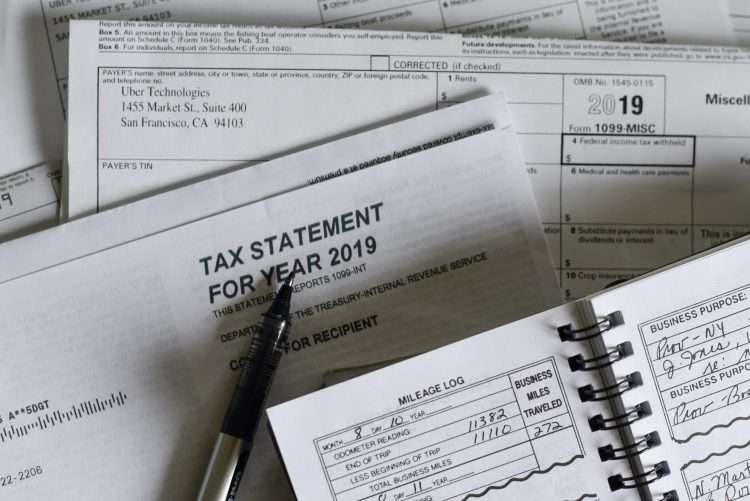Tax Evasion

Tax evasion is an engaging conversation topic for English learners as it allows them to explore both financial and ethical aspects of society. Discussing tax evasion enables learners to develop their vocabulary related to finance, economics and legal matters. Furthermore, it promotes critical thinking and encourages learners to consider the consequences of tax evasion on economies and societies.
Engaging in conversations about tax evasion helps learners refine their communication skills, express their opinions and understand different cultural perspectives on taxation and compliance. Ultimately, it broadens their knowledge of real-world issues while enhancing their language proficiency.
About Tax Evasion
Tax evasion refers to the illegal act of intentionally avoiding paying taxes that individuals or businesses are obligated to contribute to the government. It involves dishonest practices such as underreporting income, inflating deductions or hiding assets to reduce tax liability. Tax evasion not only undermines the integrity of the tax system but also deprives governments of the funds needed for public services, infrastructure and social programs. Governments around the world actively pursue tax evaders through audits, investigations and penalties.
Understanding the consequences and ethical implications of tax evasion is crucial for maintaining a fair and functioning society.
Useful Vocabulary
Try and use the following vocabulary when answering the question. Click to look up the definition in the dictionary
Conversation Questions
- Have you ever heard about tax evasion? What comes to mind when you think about it?
- How does tax evasion affect a country's economy and society as a whole?
- What should the punishment be for tax evasion?
- Can you think of any famous cases of tax evasion? What were the consequences for those involved?
- Do you think tax evasion should result in a jail sentence? Why?
- What do you think is the fairest punishment for tax evasion?
- Why do you think people try and avoid paying taxes?
- If you discovered that someone close to you was involved in tax evasion, what would you do?
- What are some ethical implications of tax evasion?
- Should governments focus more on preventive measures, such as education and awareness campaigns?

